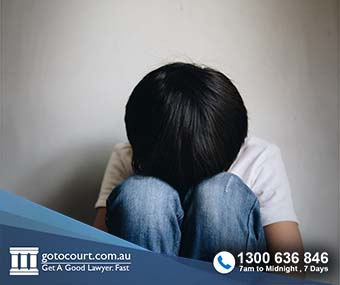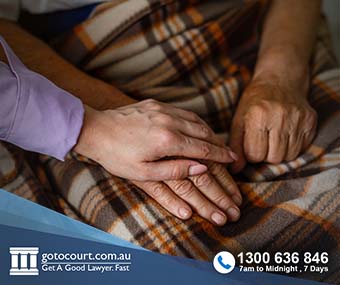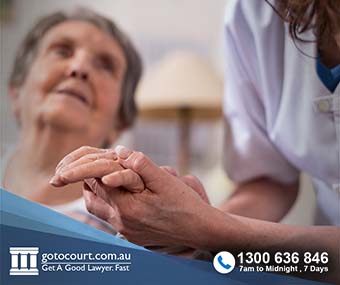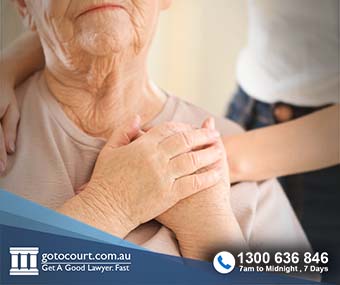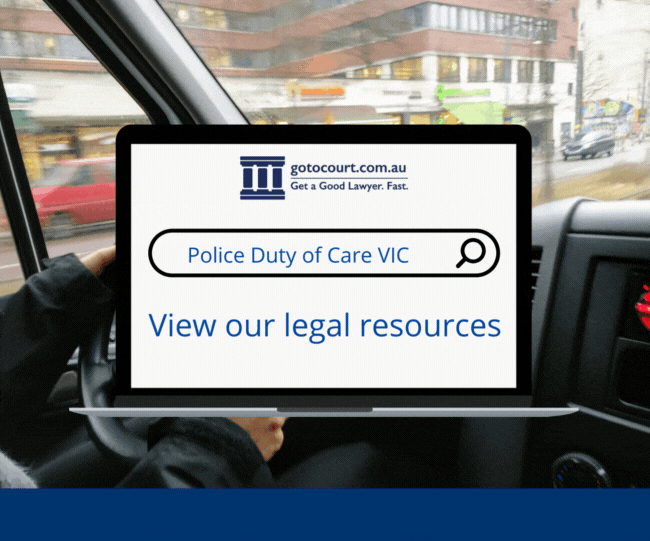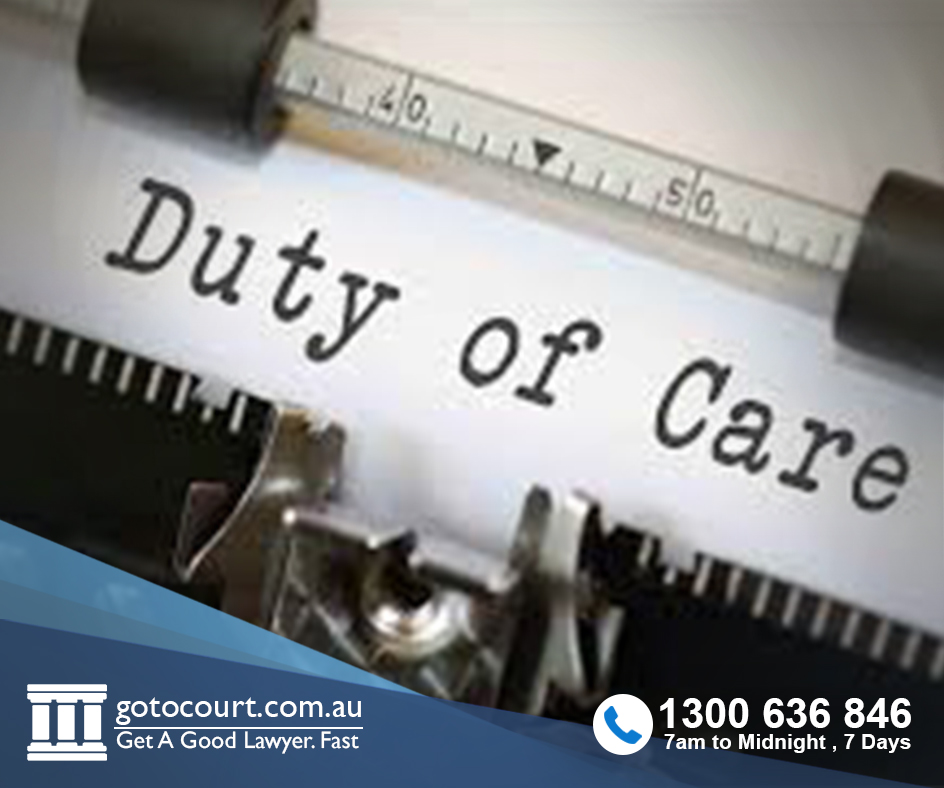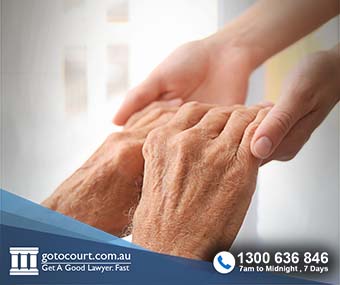Homeowner’s Duty of Care (QLD)
Homeowner’s Duty of Care (QLD)
There is an old idiom that a person’s home is their castle, meaning that a person can do as they like in their own home. Of course, this is not entirely accurate. Even within their own residence, an individual must comply with the law and consider the well-being of others. For instance, a homeowner must maintain their home in such a way that it does not pose an unreasonable risk of harm to visitors. When someone breaches this duty of care, and a visitor is subsequently injured, the visitor can sue the homeowner or occupier for compensation. Set out below is further information about a homeowner and occupier’s duty of care in Queensland.
Duty of Care in Queensland
The law has established that certain people have a duty of care to prevent certain other people from coming to harm. It is accepted law that an occupier owes a duty of care to anyone who lawfully enters their premises. This duty, therefore, extends not only to friends who are invited to the property, but also to takeaway delivery drivers and tradespeople attending the premises to perform work. Under the law, an occupier is negligent when someone is injured because of a breach of their duty of care. In Queensland, these common law principles of negligence are codified in the Civil Liability Act 2003.
Standard of Care – Occupier
The standard of care that is required of an occupier is to reduce foreseeable risks of harm to their visitors. This does not require the occupier to remove all risks. Rather, the standard of the duty is to do what a reasonable person would do in all the circumstances. When there is a serious risk of harm, the occupier must act to rectify the situation or caution visitors about the risk. For example, if an occupier has just washed their front step and it is still slippery, they should dry the floor, place barriers to entry, or post warning signs for any visitors.
However, an occupier is not required to make the home entirely without risks. The legal test of negligence involves consideration of the potential risk of harm and the difficulty that the occupier would incur in mitigating the risk. Consideration will also be given to whether there was any utility to the risk. For instance, imagine a home has a wheelchair ramp to the front door. Due to its position, this ramp has the potential to create a trip hazard for anyone walking to the front door. To reduce all risk, the occupier could remove the ramp. However, even given the foreseeable risk of injury, there can be little doubt that a wheelchair ramp may have such utility for the occupier that it is reasonable to allow the risk to remain. In addition, it may be unreasonably difficult and expensive to change the ramp to a less hazardous obstacle. In that case, the occupier might reasonably decide not to make an expensive repair when there is only a slim chance of causing injury, and any potential injury would be minor in any case.
Standard of Care – Homeowner
In the case of leased properties, the owner of a property (the landlord) and the occupier (the tenant) share the duty of care to third parties who visit the property. The owner has a duty to ensure that the fabric of the building is safe for both the occupier and their visitors. Landlords in Queensland can only rent out a property that meets the basic standards defined in the Residential Tenancies and Rooming Accommodation Act 2008. This Act not only mandates that a rental property must have working bathrooms, heating, appliances and door locks, but also that the residence is safely maintained for the occupier. In this way, a property should be weatherproof, free from mould and damp, and structurally sound. A landlord also has a duty to ensure that the facilities of the property are free of unreasonable risk. For instance, in Queensland, a landlord has a duty of care to install physical barriers around a swimming pool to keep children from entering without supervision.
This duty of care obliges a landlord to keep the home free from structural defects that could cause injury, including during renovations or routine maintenance. Leased premises should be properly constructed, installations such as electricity should work, and safety measures should be installed and routinely checked. A landlord should also be responsive to any urgent repair request that could present a risk to a tenant or visitor to the property.
Damage
Even when there is a clear breach of duty of care by a homeowner or occupier, negligence can only be established if the visitor suffers damage as a result of the breach of duty. In that case, the injured party may be able to claim compensation for any loss they suffer because of the homeowner’s negligence. This compensation can cover medical costs, special damages for pain and suffering and lost income.
Please contact Go To Court Lawyers on 1300 636 846 if you have further questions about a homeowner’s duty of care in Queensland. Our civil law team can provide advice or representation on any legal matter.

Affordable Lawyers
Our Go To Court Lawyers will assist you in all areas of law. We specialise in providing legal advice urgently – at the time when you need it most. If you need a lawyer right now, today, we can help you – no matter where you are in Australia.How It Works




1. You speak directly to a lawyer
When you call the Go To Court Legal Hotline, you will be connected directly to a lawyer, every time.

2. Get your legal situation assessed
We determine the best way forward in your legal matter, free of charge. If you want to go ahead and book a face-to-face appointment, we will connect you with a specialist in your local area.

3. We arrange everything as needed
If you want to go ahead and book a fact-to-face appointment, we will connect you with a specialist in your local area no matter where you are and even at very short notice.

